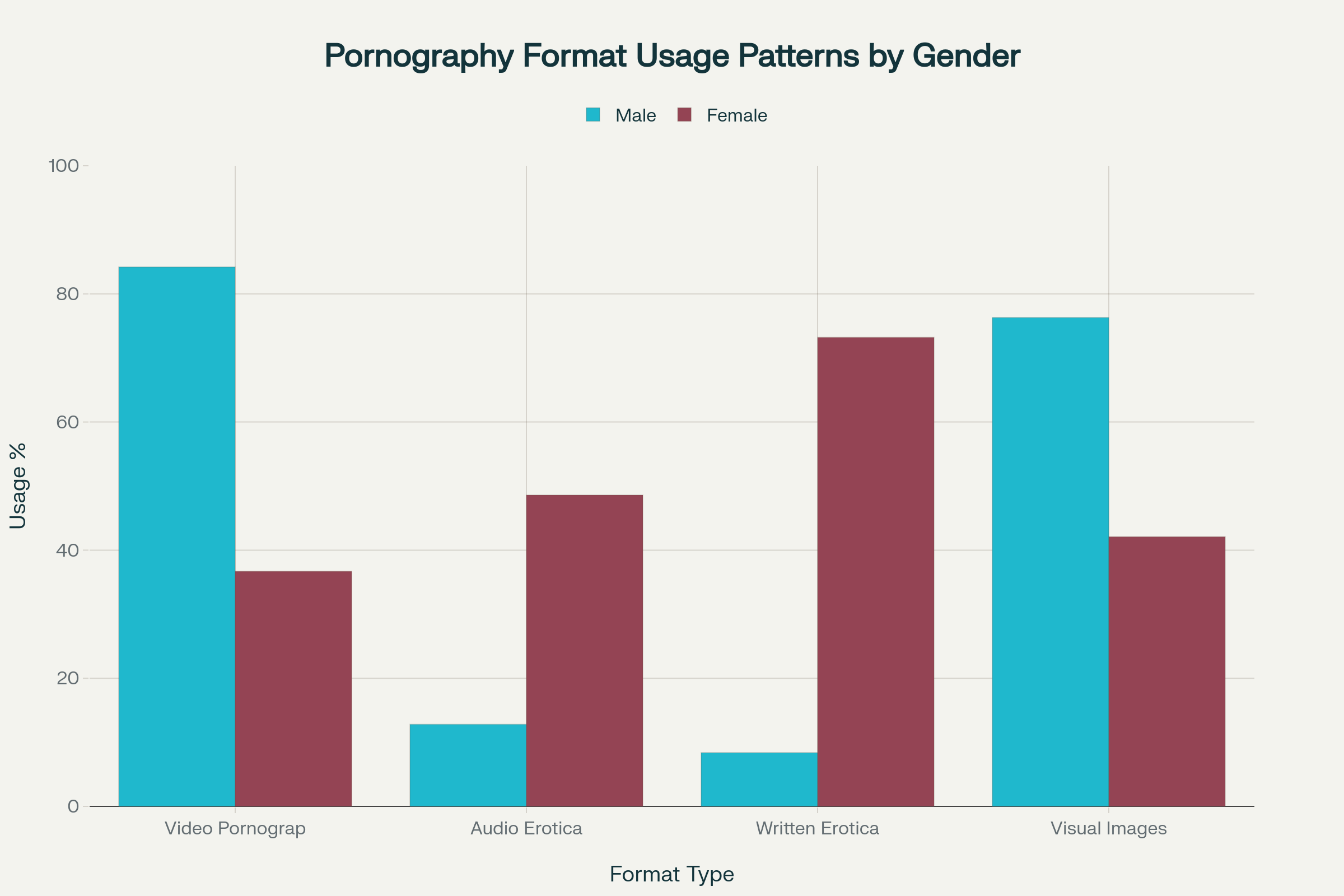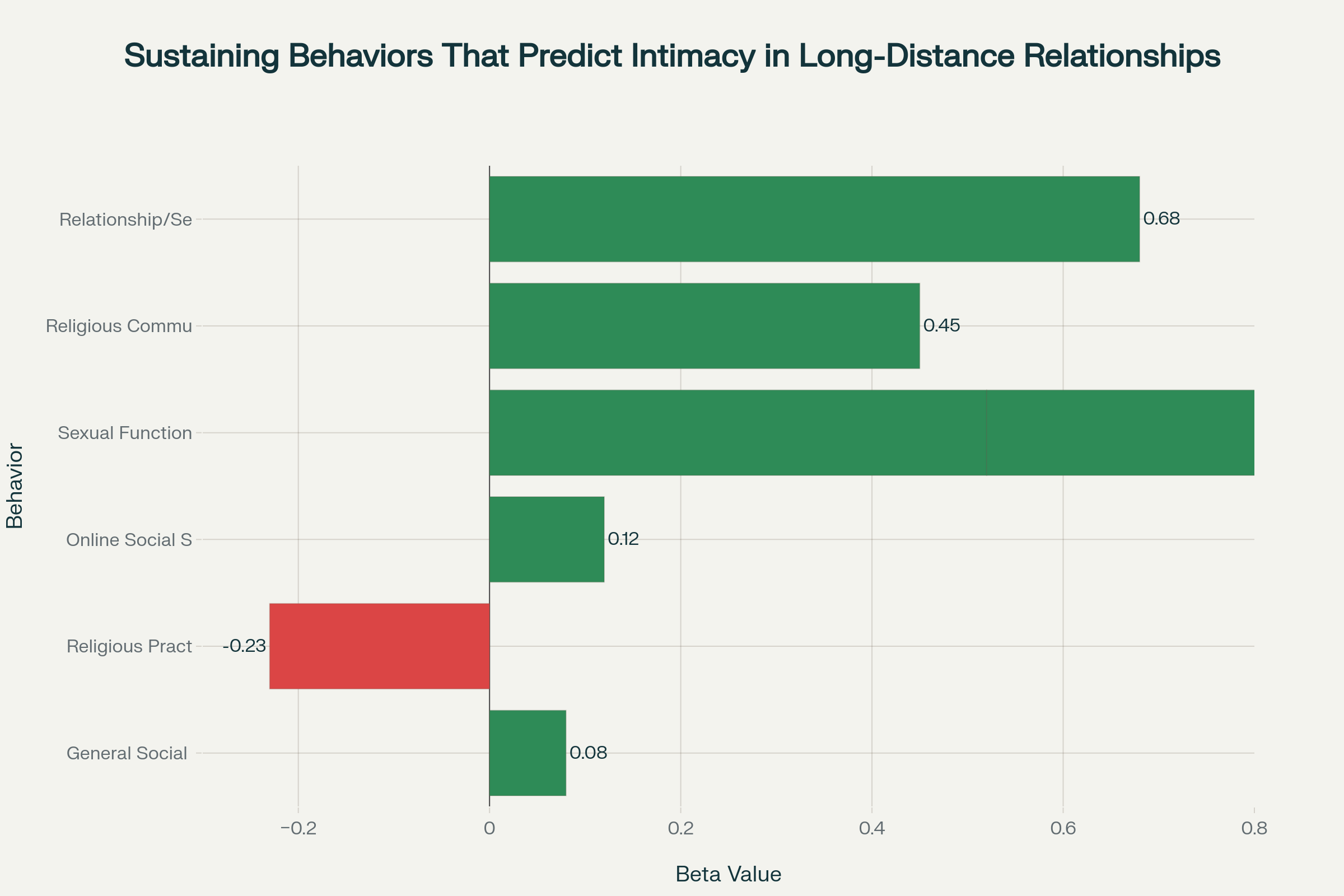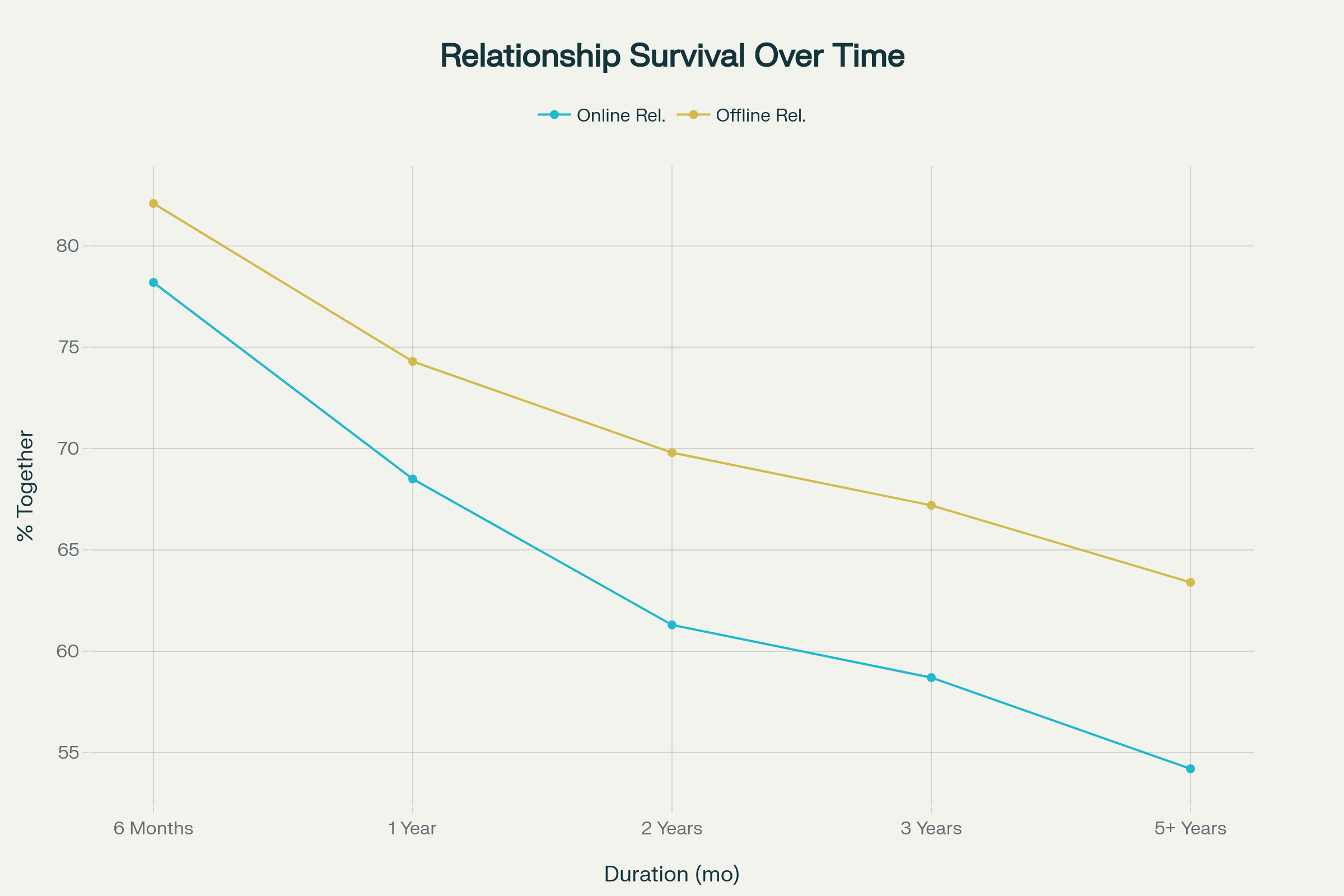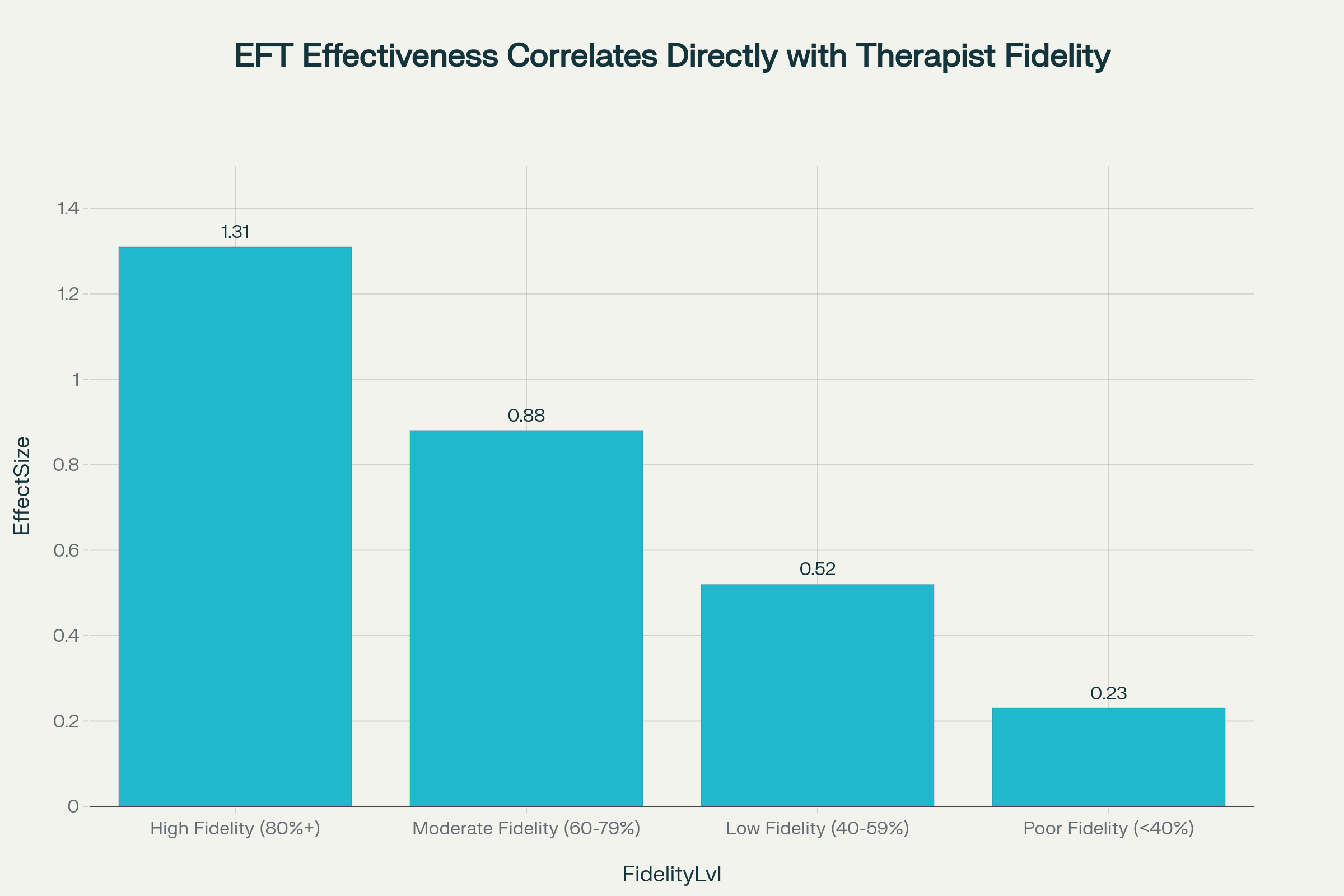The landscape of relationship counselling presents significant variations in session requirements, success rates, and cultural approaches worldwide. This comprehensive analysis reveals critical insights into how many sessions couples need, attrition patterns, therapeutic effectiveness, and cultural variations that influence counselling outcomes across different populations and settings.
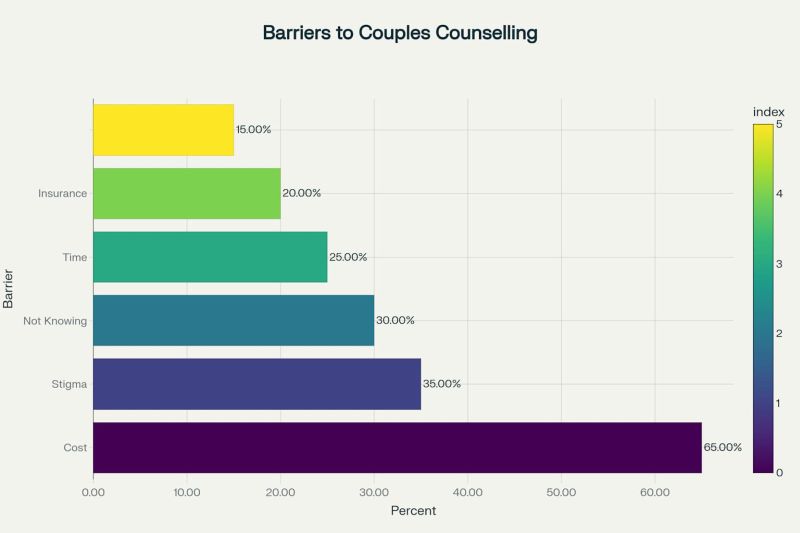
Session Duration and Frequency Requirements
Research consistently demonstrates that couples therapy typically requires 12-20 sessions for meaningful change, with most therapeutic work occurring over 3-6 months. The initial assessment phase usually spans 2-3 sessions, during which therapists establish rapport, understand relationship dynamics, and develop treatment plans.
Session frequency patterns show considerable variation based on therapeutic approach and couple needs. The Gottman Method recommends 90-minute sessions twice weekly for optimal results, though this can be tailored to individual circumstances. Most couples begin with weekly sessions to establish momentum and build therapeutic alliance, later transitioning to bi-weekly or monthly sessions as progress stabilizes.
Therapy Duration by Complexity
Simple relationship issues may resolve in as few as 1-2 sessions, while communication and conflict resolution challenges typically require 14-15 sessions on average. Complex cases involving trauma, mental health issues, or severe relationship distress often extend beyond 30 sessions, with some requiring long-term therapeutic support spanning multiple years.
Evidence-based approaches show varying session requirements. Emotionally Focused Therapy (EFT) generally requires 20-40 sessions for comprehensive treatment, while Solution-Focused Brief Therapy may achieve results in 5-20 sessions. Cognitive Behavioral Couples Therapy (CBCT) demonstrates effectiveness across a broad range of 5-70 sessions, with 70% of couples showing improvement.
Success Rates and Therapeutic Effectiveness
Couples therapy demonstrates robust effectiveness, with 70-80% of couples experiencing significant improvement in their relationships. Meta-analytic reviews confirm that couples receiving therapy perform better than approximately 80% of those who don't seek treatment, representing an improvement rate that rivals or exceeds the most effective treatments for individual mental health disorders.
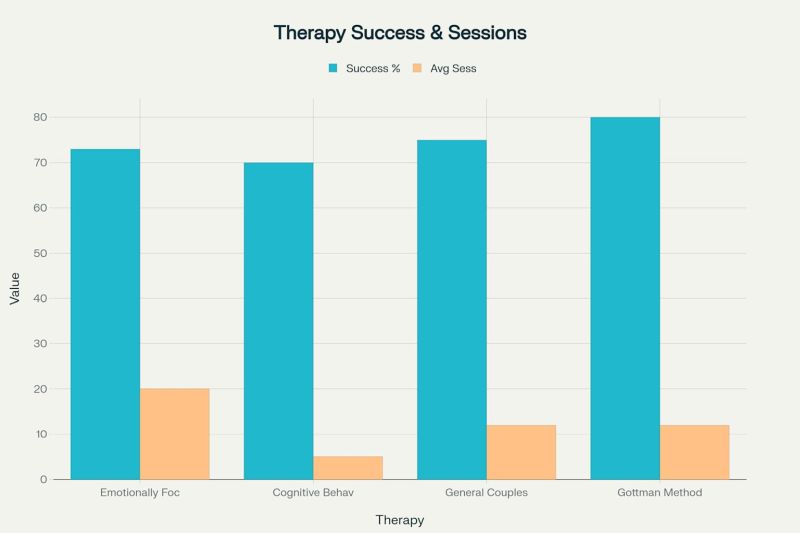
Approach-Specific Success Rates
Emotionally Focused Therapy achieves particularly strong outcomes, with 70-73% of couples reaching therapy goals and a 90% improvement rate in relationship satisfaction even when not all goals are fully achieved. Cognitive Behavioral Couples Therapy shows similar effectiveness, with approximately 70% of couples reporting improvements and substantial long-term benefits maintained even five years post-therapy.
Research from Relationships Australia reveals comprehensive improvement patterns: 74% showed improved relationships with partners, 77% improved communication, 76% enhanced negotiation skills, 79% better conflict management, and 72% improved coping with family situations. Before counselling, 43% had poor or very poor relationships, which dropped to only 10% after treatment.
Attrition Patterns and Dropout Analysis
Attrition remains a significant challenge in couples therapy, with dropout rates varying considerably across settings and populations. University-based training clinics typically experience 15-30% dropout rates, while Relationships Australia data shows that 80% of clients attend three or fewer sessions.
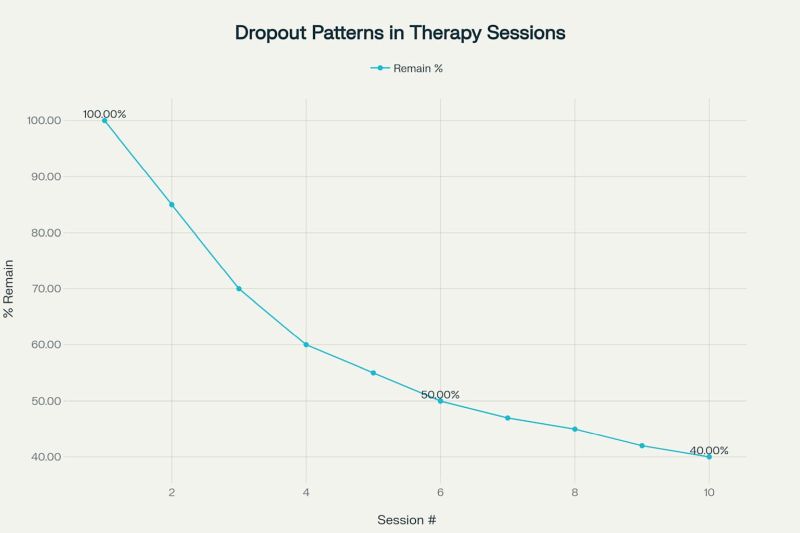
Critical Intervention Windows
Early prediction of therapy outcomes becomes possible by session 3-4, with algorithms accurately predicting eventual success for 70% of couples by this point. Most therapeutic dropouts occur within the first 3-4 sessions, making this period crucial for engagement and alliance building.
Therapist factors significantly influence attrition, accounting for 9.4% of variance in couple dropout rates when controlling for initial relationship impairment. Interestingly, therapist gender and experience level do not significantly predict dropout variability, suggesting that therapeutic approach and alliance quality are more critical factors than demographic characteristics.
Factors Influencing Attrition
Research identifies multiple predictors of premature termination. Relationship quality paradoxically affects dropout differently by gender: low relationship quality significantly predicts higher attrition for females but lower attrition for males. Common dropout reasons include dissatisfaction with intervention types, lack of perceived benefit, and poor therapeutic alliance.
Client factors contributing to dropout include initial distrust of therapists, unresolved alliance ruptures, sporadic attendance, and minimal parental engagement (in family contexts). Therapeutic relationship difficulties and repetitive interaction patterns with silences also contribute to dissatisfied dropout.
Cultural Variations and Cross-Cultural Considerations
Cultural factors profoundly influence relationship counselling approaches, session requirements, and outcomes worldwide. Culture-based couple therapy demonstrates significant effectiveness, with experimental groups showing sustained improvements in marital intimacy compared to control groups, with benefits maintained at 3-month follow-up assessments.


